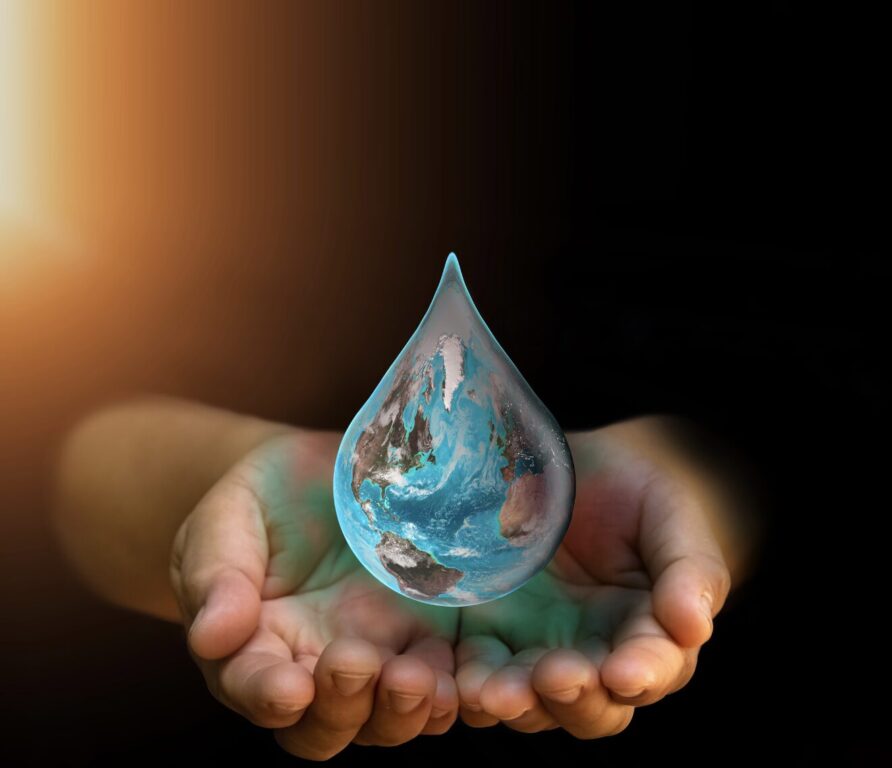World Water Day 2025: Speeding Up the Change for Water Security in Africa

World Water Day, a United Nations initiative held annually on March 22, brings the world together to emphasise the importance of freshwater and promote sustainable water management practices. The 2025 theme, “Water for Peace“, highlights water’s essential contribution to building stability, cooperation, and resilience in communities around the globe. Water is not just a resource; it is a basic human right, crucial for health, economic progress, and environmental sustainability.
The water crisis continues to be a pressing challenge in Africa. Even though the continent possesses extensive freshwater reserves, millions of people still lack access to clean and safe water. UNICEF states that more than 400 million individuals in Sub-Saharan Africa do not have access to safe drinking water, and just 24% of the population use basic handwashing facilities. Rapid urbanisation, population growth, and climate change further worsen the situation, posing threats to the availability and quality of water.
Inadequate water infrastructure is one of Africa’s major challenges. Most rural regions rely on water sources that are not dependable, like unprotected wells, rivers, and lakes, which frequently have contaminants. In urban areas, outdated and ineffective water distribution systems lead to losses, resulting in an irregular supply for numerous communities. Moreover, inadequate management of wastewater has resulted in pollution of freshwater bodies, which poses a danger to public health and biodiversity.
Another urgent problem is the financial gap in developing water infrastructure. According to the African Development Bank, Africa needs to invest $64 billion annually to achieve universal water security, but current financing is significantly lacking. To close this gap, it is essential for governments, private sector actors, and international organisations to work together. This can be made possible through sustainable financing models, such as public-private partnerships, concessional loans, and green bonds, for water projects.
Even with these difficulties, there are chances to change the situation for the better. Advances in technology, including smart water management systems, desalination techniques, and wastewater recycling methods, offer creative answers to the problem of water scarcity. Strategies such as rainwater harvesting, community-driven conservation initiatives, and nature-based approaches like wetland restoration can strengthen resilience against droughts and floods. Additionally, incorporating water security into national climate adaptation policies can help achieve sustainable water management amid shifting weather patterns.
It is imperative that governments and institutions take swift action to tackle the water crisis in Africa. It will be essential to reinforce policies that encourage fair water access, invest in sustainable water infrastructure, and promote regional collaboration on transboundary water resources. If no measures are implemented, the repercussions will be severe: escalating disputes over water resources and a rise in health crises linked to waterborne illnesses. Severe water crisis can also hamper economic development as industries and agriculture grapple with an insufficient water supply.
The 2025 World Water Day served as a reminder that water is essential for peace and development. Africa can secure a future in which every citizen has access to clean and safe water—ensuring prosperity as well as survival—by prioritising sustainable water management.

